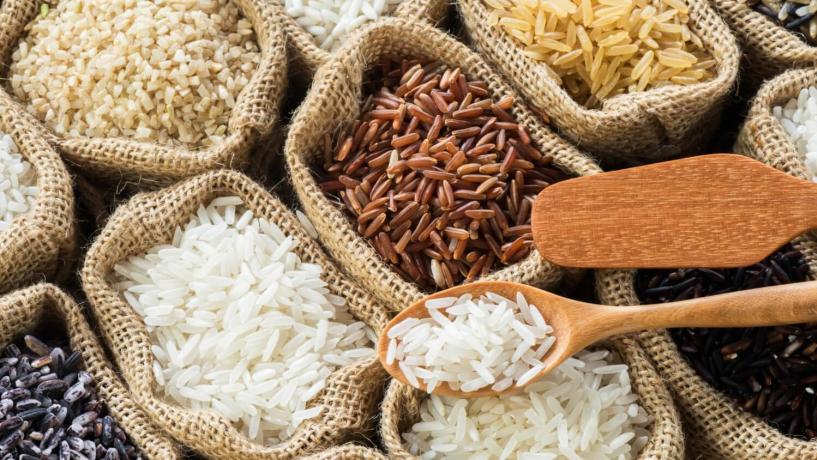
The Special Broadcasting Service (SBS) has revealed that some imported rice being sold in Australian supermarkets and South Asian shops contains levels of pesticides and fungicides in breach of Australian food standards.
Half of all rice samples tested failed to meet the requirements set by Food Standards Australia and New Zealand (FSANZ).
The tests commissioned by SBS were carried out by Australia’s National Measurement Institute, a food-testing lab accredited by the National Association of Testing Authorities.
Samples of products from four different countries were selected by SBS journalists in an investigation into whether the country of origin impacted the quality of the product.
All samples were bought in Australia but only one had been produced here; the rest came from Pakistan, India and Thailand.
The results of the testing revealed that Kohinoor Basmati rice (produced in India) contained Buprofezin (0.014 milligrams per kilogram). This insecticide is not allowed in rice in Australia.
Monash University Professor Brian Priestly explained that this is because there is no prescribed Maximum Residue Limit (MRL) for Buprofezin in the Australian food standards, meaning it should not be detectable in that product at all.
Though MRLs are usually set to limit exposure to contaminants, they are not necessarily set due to health concerns. Checks exist to ensure that if a food is consumed according to normal dietary patterns over a lifetime, the Acceptable Daily Intake (ADI for pesticides) or Tolerable Daily Intake (TDI for other contaminants) is not exceeded.
However, RMIT University health-science professor Marc Cohen, a registered medical practitioner, said it is difficult to predict the health effects of consumption of such contaminants.
Cohen explained that toxic-chemical regulation worldwide doesn't consider the effects very small doses can have in disrupting the endocrine system.
"It's not just a linear curve that, lower the dose, lesser the effect," Cohen explains. "You can have two chemicals which, on their own, do nothing, there's no observable effect, but, when you put them together in a body, they do have an effect, because they have a synergistic, or cocktail, effect."
The SBS testing also found that the Pakistani produced Indus Basmati rice contained Chlorpyrifos, which is not allowed in Australia according to the Department of Health and Human Services of Victoria.
Melbourne-based, land-use researcher Anthony Amis advocates a zero tolerance policy for substances like Chlorpyrifos.
"Essentially how it works is that it kills the insects by essentially frying their nervous system," said Amis, who has studied chemical contamination in food for more than a decade.
"The problem with that is that the same mechanism in the insects is exactly how it works with humans."
SBS journalists investigated the importation process and discovered that Australian authorities only test those 5% of foods that are identified as "surveillance" foods.
The SBS samples were in the other 95% and therefore not tested as part of the importation process.
The Department of Agriculture and Water Resources said that food businesses importing food are subject to the requirements of the relevant state or territory government, and that when concerns around the integrity of a particular food business are identified, they are investigated and appropriate action is taken.
The Australian Institute of Food Safety recommends that food businesses always use reputable suppliers and insist that the appropriate documentation is provided with food products. Ensuring staff are trained in receiving food deliveries is important in reducing the risk of food safety breaches.





